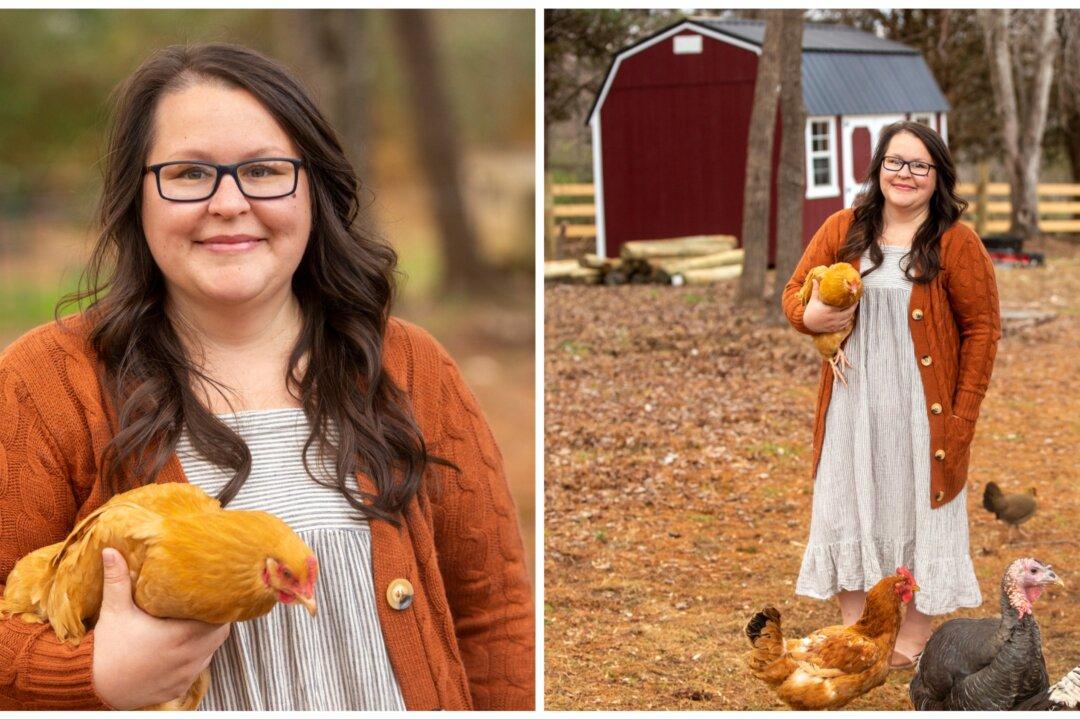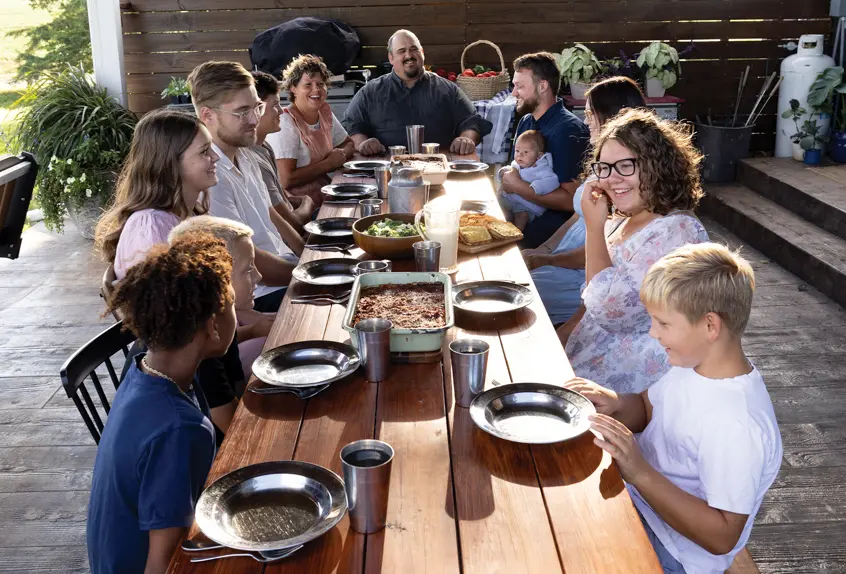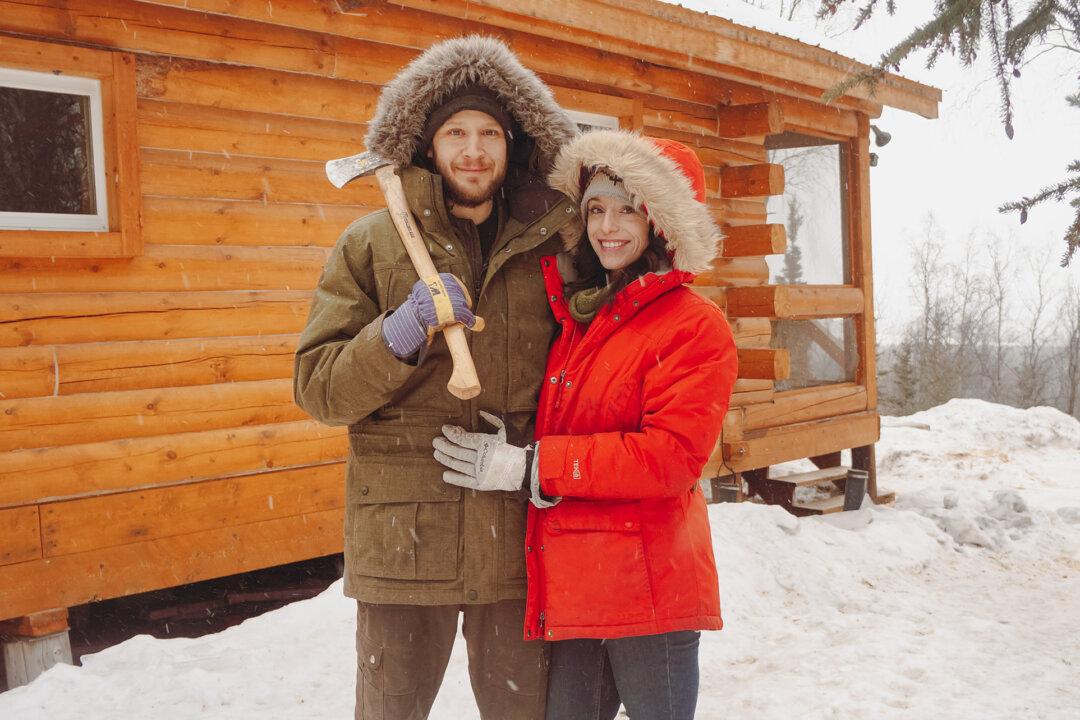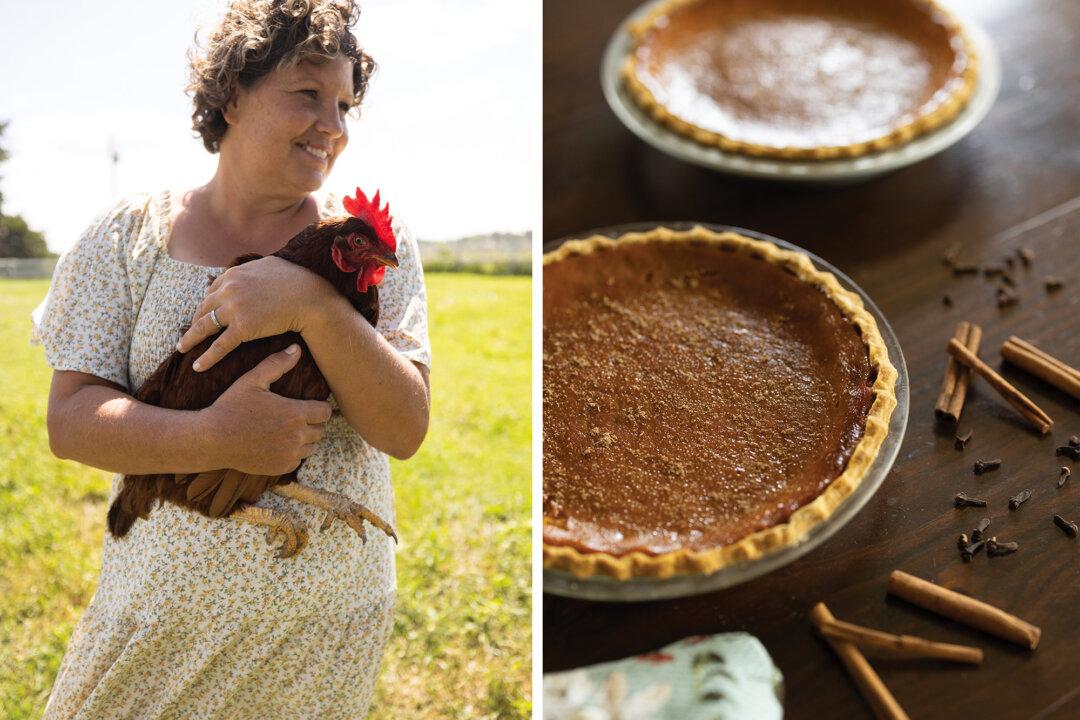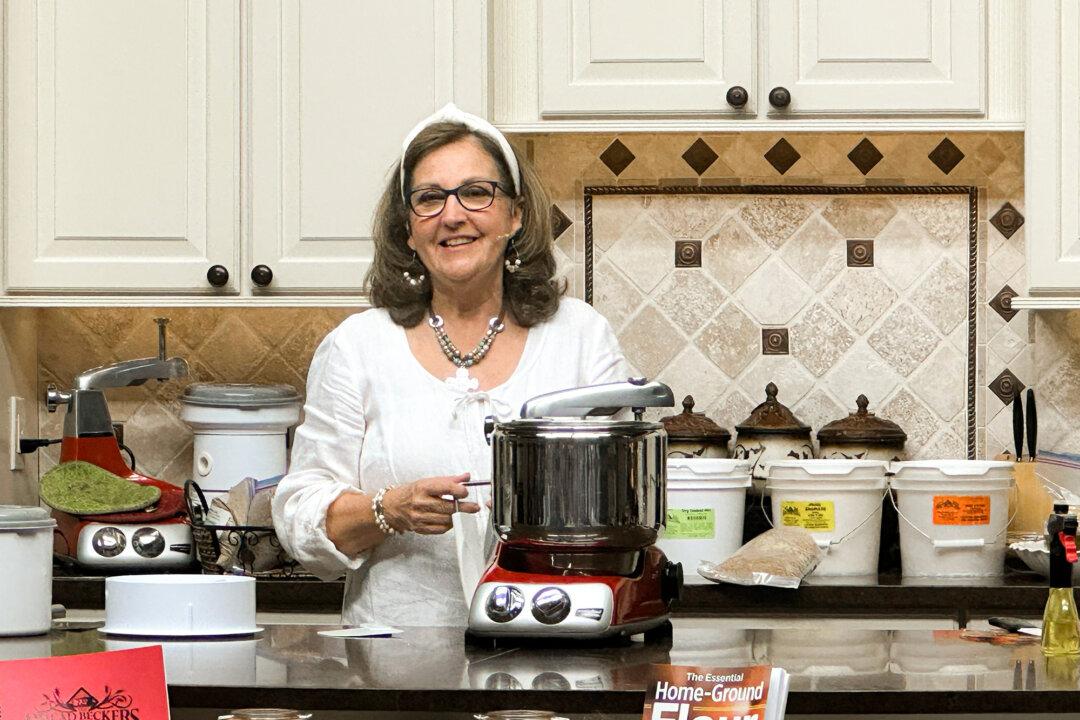Amy Fewell once listened to a woman share a dramatic dream. The United States had been thrust into impenetrable darkness. Then, in the distance, small flames began to appear, dancing like candles over the blackened landscape. These flames were all that could be seen.
“These are homesteads,” Ms. Fewell recalled the woman saying. “These are farms that are going to be a light in hard times. They will be places of refuge.”

